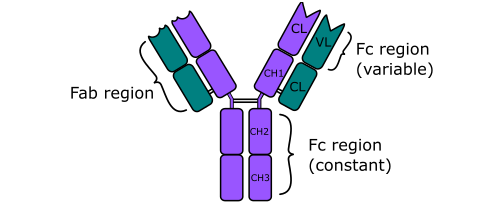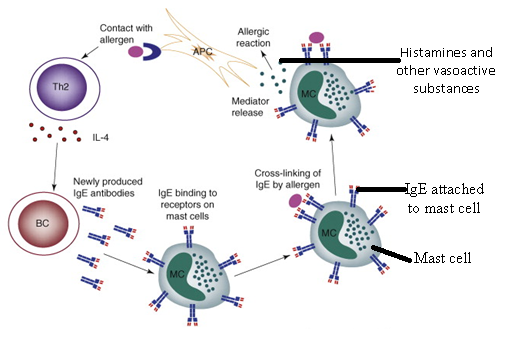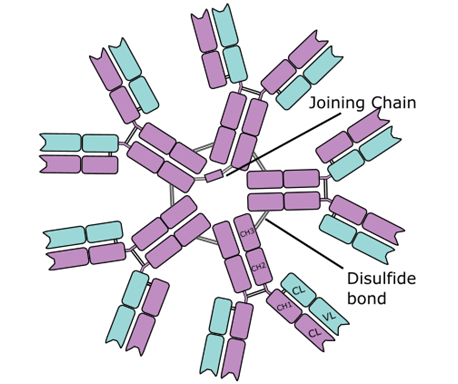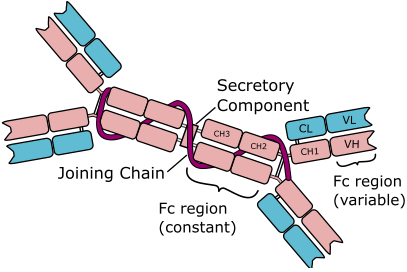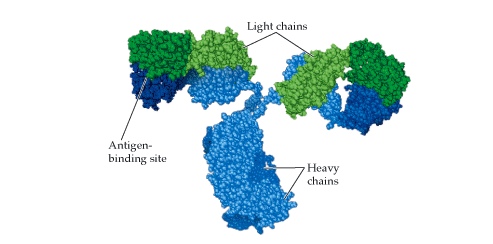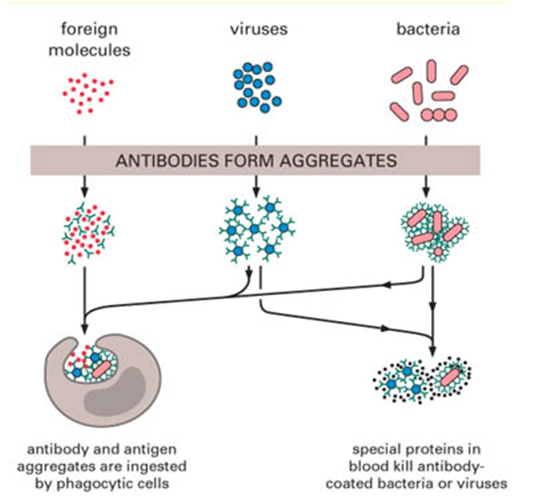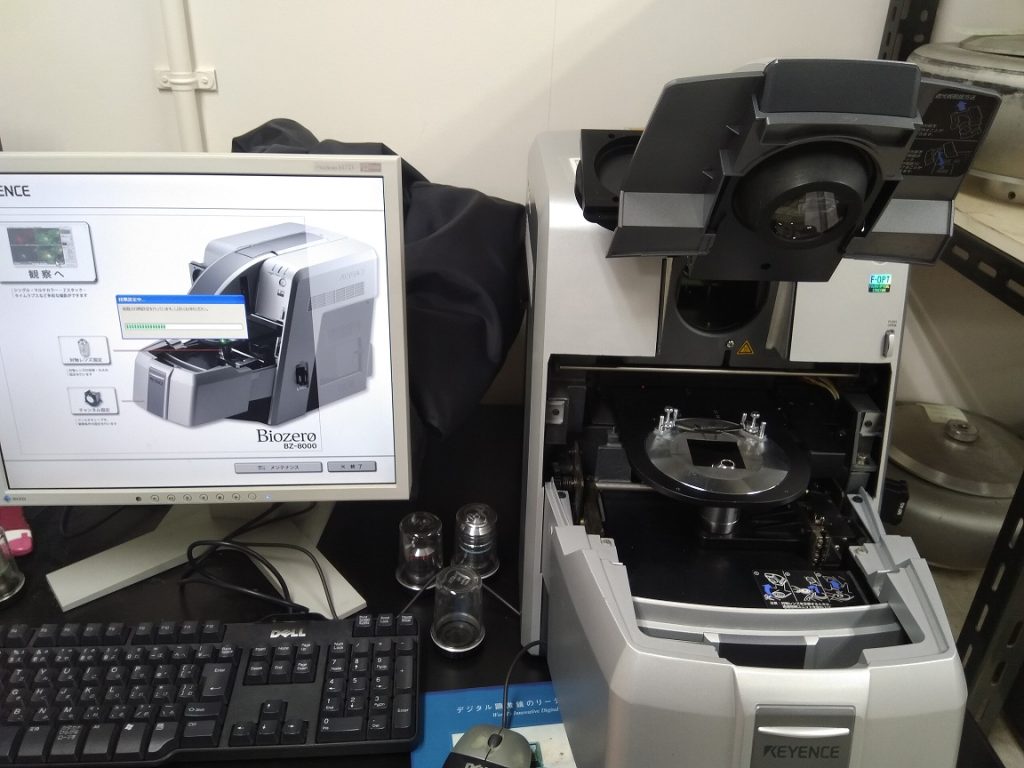IMMUNOGLOBULIN G (IgG)
Immunoglobulin G (IgG) is a monomeric antibody and the most predominant immunoglobulin in secondary (memory) immune response to an invading antigen. It accounts for about 80 % of the total immunoglobulin pool in blood serum or plasma and tissue fluids. IgG unlike other immunoglobulins crosses the placental barrier, and thus it provides the neonate or […]
IMMUNOGLOBULIN G (IgG) Read More »
Immunology & Immune System
